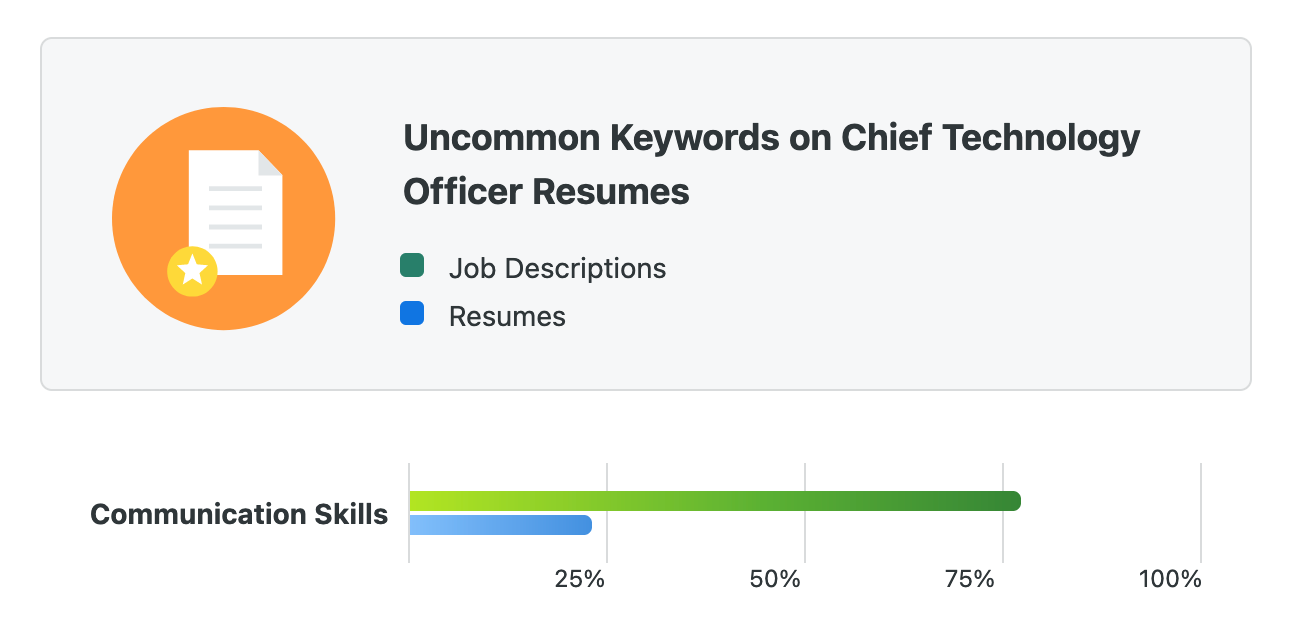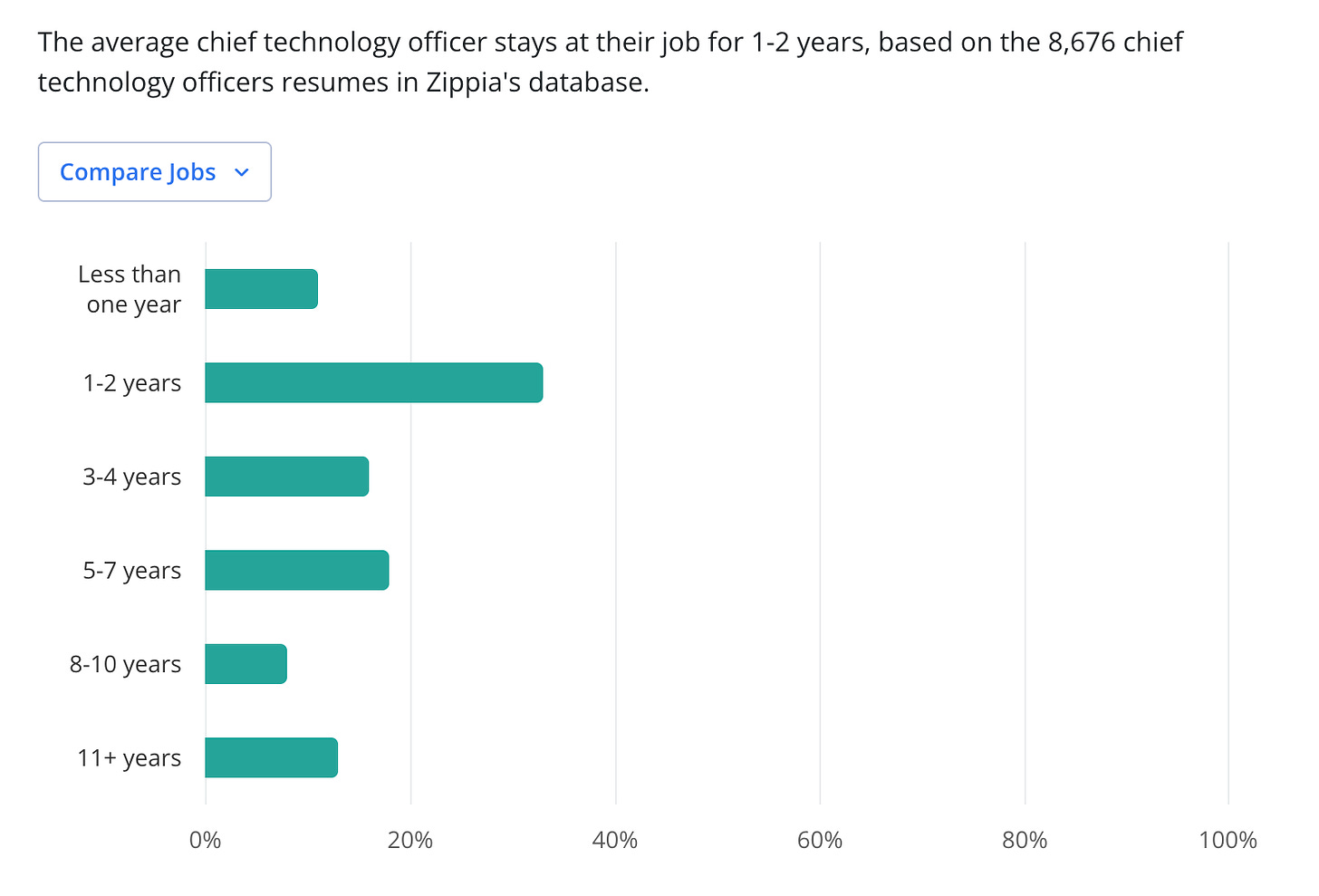This publication used to be known as The 7CTOs Newsletter. We renamed it to The CTO Substack: Opinions, observations and insights from Etienne de Bruin, founder of 7CTOs. You’re welcome to unsubscribe if this isn’t what you want!
I'm pacing up and down my patio having a conversation with a CTO. He is upset. I am listening. He is complaining to me about how little he can do to drive product engineering forward because his CEO doesn't seem to trust him and isn't listening to his feedback. He is upset because the product people won't scope out projects correctly and they all get mad at him when he resists their "silly" requests.
In the back of my mind I map him to the CTO Levels™ Framework which, with a team of 10-15 people, makes him a Level 4. This level is also known as the Teams level which highlights an evolving organizational complexity due to more people being added. So part of me is not surprised that he is having people problems.
Now why am I pacing while he is talking to me? I am pacing because he spends all his minutes walking me through how reasonably and technically correct his position is. I interrupt him. I find it hard to hide my annoyance. But I say to him, "You can spend the next 30 minutes, 2 hours or 6 hours explaining to me how correct you are and I would probably agree with you. But being correct isn't getting you anywhere, so what now?".
The discussion he brought to me sheds light on a critical issue many CTOs face: not being heard due to a lack of understanding from their executive and fellow team members. This particular CTO felt stifled. He felt stuck. Nothing he brought to the product team, or the C-Suite seemed to bring him favor. His intellect was not being respected for the decades of experience he brought to the table.
He isn't alone.
In a 2023 keyword analysis done by ZipRecruiter, millions of CTO resumes were compared to CTO job descriptions. The results are eye popping especially when one considers executive presence and communication skills. While 75% of employers listed communication as a crucial skill for their CTO applicants, less than 25% of CTO resume's listed communication as a skill.
Why would we? Communication is ostensibly why we got to where we are today isn't it? The ability to communicate our technical skills to those around us in a way that attracts us to them. Surely this is how we got the job?
I don't think so.
You see, while my CTO friend was detailing his concerns about development costs, the time needed for feature requests, and infrastructure expenses, the business needs remained the same: grow revenue and make happy customers. Every point he made about the technology challenge was valid. But, as I had to tell him, it doesn’t matter.
Here’s why.
The Reality of C-Suite Dynamics
The CTO is a member of the C-Suite. The small group of people in whose hands lie the future of the company. And in a C-suite environment, technical correctness alone does not produce results.
Imagine the CXO of a SaaS company jumping from her chair to state that the First Contact Resolution (FCR) rates are low but that it's because support lacks training. Technically correct, but not helpful. Or the VP of Sales complaining that the Average Contract Value (ACV) being low is not their fault. Technically correct, but not helpful. Or what if the CEO shrugs because there isn't enough cash to make it through the next quarter?
Absurdities.
Perhaps if you were seated at those tables, you would mouth the words, "Just do your job". Barely audible but maybe with enough of an exhale to get the words whispered to them.
Why does this leave a bad taste in our mouth? It is because we expect more from the C-Suite. Actually, it's not an expectation, it's a reliance. It is a team, hand picked to build the business that feeds the livelihood of her employees. Each member an expert in their field. In some cases aspiring, I know, I know. But a sentinel nevertheless, watching over their domains. And when they speak of their concerns, if you listen carefully, they are technically correct (most of the time), but their value to the C-Suite is directly related to their ability to bring their concerns to life in the minds of those around them.
The CTO is technically correct (most of the time)
If you think about it, it's not that hard to be "technically correct". All you need to do is look at the facts and figures, sprinkle in some experience and amplify with some narrative from your past and voila! You too can be technically correct! All the time. The added convenience for the CTO is that very few of their fellow C-Suite members, if any, understand technology.
Let's think about that for a minute. What goes through your mind when an expert speaks of things that you do not comprehend.
For me it goes something like this. While they speak I endure the challenge of keeping up with their use of unknown phrases and terminologies. I quickly find myself distracted trying to follow longer and longer sentences. Sentences that pollute any attempt I make at comprehending what should be fascinating concepts. But it is all lost on me. Lost on my inability to understand. And dare I say for the speaker who has learned to weaponize these moments, it keeps me firmly pressed down in the hierarchy of knowledge. It paralyzes my skills at being a productive collaborator and confident decision maker.
Maybe this is how your fellow C-Suite members feel when you speak? I think very possibly, yes.
Your exposé on why something can't be built. Your push back on the requirements devised by your product teams. Your meticulous calculations of infrastructure cost. Your commentary on the inequity in executive power. Your reassurance that something can only be done one specific way. Your pride in your architecture. Your conviction about the future.
Lost. Lost. Lost. No one cares. I take that back. They do care. They care enough to not ask you for your opinion again.
You are technically correct (most of the time).
You'll lose more than your job if you continue like this
Ok, ok. What are you saying Etienne? That I am doomed because I speak the truth? That I am setup to fail every time I open my mouth? Weellll, yyyes? …. and no.
Let's start with yes.
Take a look at this CTO Demographics study done by Zippia, when they analyzed 30 million profiles in their database.
Did you see that? If you're a CTO, you'll most likely stay in your job for 0-2 years. This is barely enough time to execute an H1 horizon, not to mention H2. Check out McKinsey's Three Horizon Model to learn more about H1, H2 and H3.
I wonder how many of those CTOs were "technically correct" in their assessments of business goals, technology strategies and product market fit. I bet you most of them were. But how many were heard? How many were able to have impact? To help steer the ship as it was charging down an ice berg in the night?
Yes, whether it is because you're coming across as someone who can't get along with people in the C-Suite, or whether the business collapses, you're likely not going to survive two summers with your company. Ok, maybe three.
Have the greatest impact
Here's the no part. Here’s why you won't lose your job.
You will learn that reciting evidence is not the same as having executive presence.
You will lose interest in reciting how you got to a particular point and be laser focused on moving forward.
You will learn to be super curious about how you're coming across to your C-Suite and actively solicit their feedback.
You will be eager to have your concerns validated by third parties and other CTOs so as to allay any fears about your own confirmation bias.
You will care deeply about the success of your C-Suite members and take on their challenges like they are your own.
You will be technically correct when you argue your points, but you won't care about this because you will care more deeply about your C-Suite's understanding and connection to your concerns.
If only you'll be ok with not being right all the time.
You have what it takes to be a brilliant CTO
Ask yourself the following 4 questions on a daily basis:
How many assumptions have I made today?
How many colleagues do I feel disconnected from?
How many reactionary questions did I throw back at my team?
How long does it take to get actual work delivered to my company?
If any of these numbers feel high then I would take a moment to consider how you’re showing up to your team. Or how they might perceive you on the team.
I ask myself these questions all the time and I am regularly surprised at how I sink into a can’t do mindset.
Just adopt the “get one thing done for my team today” mindset and you’ll see the magic start to happen.






Etienne, your article really hits home about the struggles CTOs face. It's a great reminder that just being technically correct isn't enough in the C-suite. The key is to turn technical details into strategies that make sense to everyone, especially non-tech executives. I appreciate your advice on focusing on executive presence and building stronger connections with the team. It's all about moving from just being right to being effective and understood. Thanks for sharing these insights!
Great post! In particular:
• "Being correct isn't getting you anywhere, so what now?"
• "While 75% of employers listed communication as a crucial skill for their CTO applicants, less than 25% of CTO resume's listed communication as a skill"
• "Their value to the C-Suite is directly related to their ability to bring their concerns to life in the minds of those around them"
• "You will care more deeply about your C-Suite's understanding and connection to your concerns"
• "Just adopt the 'get one thing done for my team today' mindset and you’ll see the magic start to happen"
It almost sounds like it requires a touch of sorcery.